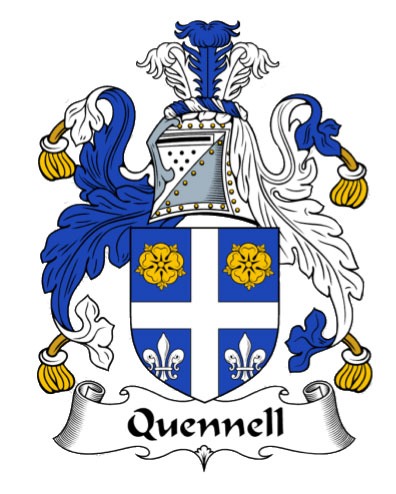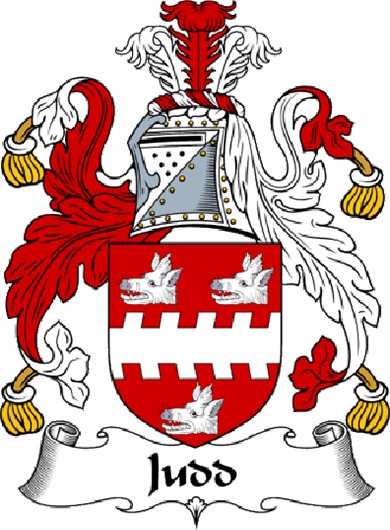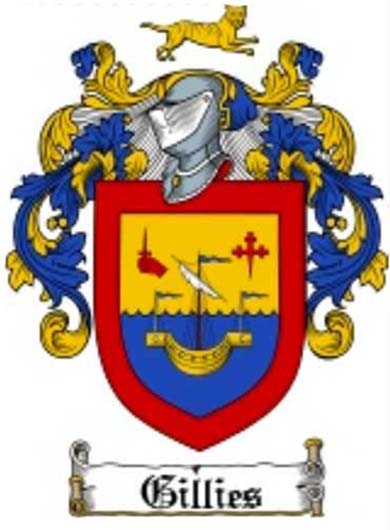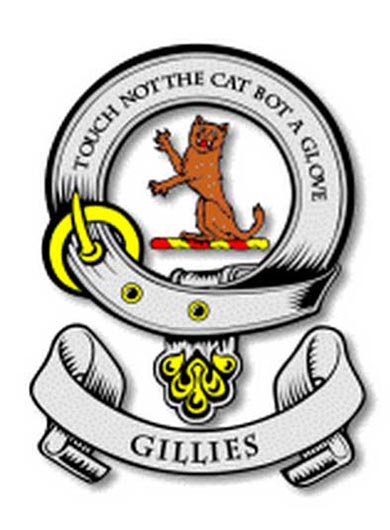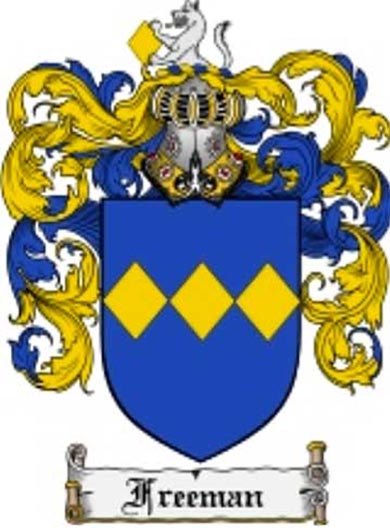Quennell is a name of Anglo-Saxon origin, and derives from the Old English pre 7th Century female personal name ‘Cwenhild’, in Middle English ‘Quenilla’ and ‘Quenilde’. The name is composed of the elements ‘cwen’, meaning ‘woman’, and ‘hild’, meaning ‘battle’ or ‘war’. As a personal name it is first recorded in the Domesday Book of 1086 in Gloucestershire as ‘Cvenild’, and in circa 1160 as ‘Quenilda’, in Lincolnshire. The modern surname can be found in at least five different forms; Quennell, Quenell, Quinnell, Quinell and Gwinnell. The first recorded spelling of the family name is shown to be that of William Quenell, which was dated 1201, a charter witness in the Assize Rolls of Somerset, during the reign of King John, known as ‘Lackland’, 1199 – 1216. There were eight persons of the name listed in the Hundred Rolls of 1273. Thomas Quenild was documented in County Norfolk in the year 1332, and William Quennild of Yorkshire, was documented in the Yorkshire Poll Tax in 1379. In the year of 1602 Robert Quennell of County Surrey, registered at Oxford University, and Peter Quennell was enrolled there in 1621. Notable Quennells:
- Peter Quennell (1905-1993); English biographer, literary historian, editor, essayist, poet, and critic, writer and editor of “History Today”
- Joan Mary Quennell; British Conservative Member of Parliament for Petersfield
The coat of arms was a practical matter which first served a function on the battlefield and in tournaments. With his helmet covering his face, and armour encasing the knight from head to foot, the only means of identification for his followers was the insignia painted on his shield, and embroidered on his surcoat, the draped and flowing garment worn over the armour.
Judd is an uncommon name is of early medieval English origin, and is derived from one of the diminutive forms of the personal name Jordan. The name Judd appeared in England at an early date and Judde Clubbe was recorded in 1260, County Chester. John Judde was recorded in 1279, County Oxford, and Alicia Jude of Yorkshire was listed in the Yorkshire Poll tax of 1379. A Coat of Arms granted to a family of the name depicts a silver fesse ragulee between three silver boars’ heads, couped, on a red shield. The first recorded spelling of the family name is shown to be that of Hugo Judde, which was dated 1204, in the “Pipe Rolls of Herefordshire”, during the reign of King John, known as “Lackland”, 1199 – 1216. The surname JUDD is from the vernacular form of the Hebrew male given name of YEHUDA, JUDAH (of unknown meaning) the name of Jacob’s eldest son. This was not a popular name among Christians in medieval Europe because of the associations it had with Judas Iscariot, the disciple who betrayed Christ for thirty pieces of silver. Notable Judds:
- Christopher Dylan “Chris” Judd (b. 1983), professional Australian rules footballer
- James Judd (b. 1949), English conductor and classical musician
- Terence Judd (1957-1979), English pianist
- Charles Hubbard Judd (1873-1946), American psychologist, a leading figure in the development of a ‘science’ of education
- Sir Frank Judd (b. 1935), retired British Labour Party politician, made a life peer with the title Baron Judd of Portsea in the County of Hampshire
- Naomi Judd (b. 1946), American county music singer and songwriter, best known as part of the duo ‘The Judds’ with daughter Wynonna
- Wynonna Judd (b. 1964), American country singer, daughter of Naomi Judd
- Ashley Judd (b. 1968), American actress, daughter of Naomi Judd and sister of Wynonna Judd
- Walter Henry Judd (1898-1994), American politician, statesman and recipient of the Presidential Medal of Freedom
The Clan from whom the Gillies family descends began among the ancient Dalriadan kingdom of the west coast of Scotland. Recorded as Gillie, Gillies, Gillis, and Gillison, this very interesting and ancient surname is Scottish. It derives from the pre 9th century “Mac gill Iosa”, which translates as “The son of the servant of Jesus”, and describes an early follower or devotee, and is probably a reference to one of the earliest converts to the Christian church. The Clan from whom the Gillies family descends began among the ancient Dalriadan kingdom of the west coast of Scotland. The given name is first recorded in Scotland in 1128, when one Gillise was a witness to a charter by King David 1st of Scotland to the abbey of Holyrood, whilst in 1264 it is recorded that Gylis filius Angus, known as Angus the sutor or shoemaker, did homage to the prior and convent of St. Andrews at Dull. The surname it is said, is most frequently recorded in the Hebrides. The patronymic forms of the name include Gillison, but are more usual are McAleese, McAleece, McAlish, McLeish, McLeos, McLese and McLise, all of whom derive from the Malise, a short form of the original Mac gill Iosa. Examples of the name recording include John Gyliss, in the Rent Book of the city of Glasgow in 1521, Robert Gillies, who emigrated to Boston, in the American colonies, in August 1766, embarking from Greenock, on the ship “Lovely Betsy”, William Gillie or Gillice, who in 1799 was recorded as being a farmer in Tindhassie, whilst Lord Gillies (1760 – 1842), was appointed Judge of the Exchequer in 1837, in the first year of the reign of Queen Victoria. As a branch of the Macpherson clan, the Gillies have a family badge and their motto is: Na bean d’on chat gun lamhainu (Touch not a cat without a glove).
Notable Gillies:
- William Neil “Neal” Gillies (1868-1928), Australian Premier of Queensland in 1925
- Valerie Gillies (b. 1948), Scottish poet, winner of the Eric Gregory Award in 1976
- Thomas Bannatyne Gillies (1828-1889), Scottish-born, New Zealand politician
- Duncan Gillies (1834-1903), Scottish-born, Australian colonial politician, 14th Premier of Victoria
- John Gillies (1747-1836), Scottish historian and classical scholar, Historiographer Royal for Scotland
- Sir William George Gillies (1898-1973), Scottish landscape and still life painter
- Harold Delf Gillies (1882-1960), New Zealand otolaryngologist widely considered the father of plastic surgery
- Donald Bruce Gillies (1928-1975), Canadian mathematician and computer scientist
- Michael Thomas Gillies (1920-1999), award-winning English medical entomologist
- Daniel Gillies (b. 1976), New Zealand actor
- Ben Gillies (born 1979), Australian musician: Silverchair
- Max Gillies (born 1941), Australian actor: The Gillies Report
Anglo-Saxon society was divided into various classes, of which “The Freeman” could be described as “Middle Class” in 20th Century terms, although direct comparisons are not possible. Certainly to be a “Free born person” denoted considerable and jealously guarded status. Since most people were effectively slaves. The surname derivation is from the pre 7th Century “freo” meaning “free born” and “man” a servant or worker. Spelling variations of this family name include: Freeman, Fryman, Friman and others. First found in the county of Essex, where it was borne as a personal name by Freman Sceil in 1188. English: variant of Free. Irish: Anglicized (‘translated’) form of Gaelic Ó Saoraidhe (see Seery). In New England, an English equivalent of French Foissy (see Foisy). Translation of German Freimann (see Freiman). Notable Freemans:
- Cathy Freeman (born 1973), Australian Olympic athlete
- Morgan Freeman (born 1937), American actor
- Sir Bernard Nathaniel Freeman (1896-1982), Chairman of Metro Goldwyn Mayer in Australia
- Brigadier Neil Mackenzie Freeman</a> (1890-1961), Australian Commanding Officer 4th Australian Infantry Brigade in 1942
- Jonathan Freeman (b. 1950), Tony-nominated American actor
- Douglas Southall Freeman (1886-1953), American journalist and historian
- John Derek Freeman (1916-2001), New Zealand anthropologist
- Lewis Ransome Freeman (1878-1960), American explorer, journalist and war correspondent
- Richard Cameron Freeman (b. 1926), American federal judge from 1971 to 1999
- Sir Ralph Freeman (1880-1950), prominent civil engineer from London whose steel bridge designs include the Sydney Harbour Bridge
- Alfred Percy Freeman (1888-1965), British cricketer
- Walter Jackson Freeman (1895-1972), American neurosurgeon who introduced psychosurgery in the United States and performed almost 3,000 lobotomies

